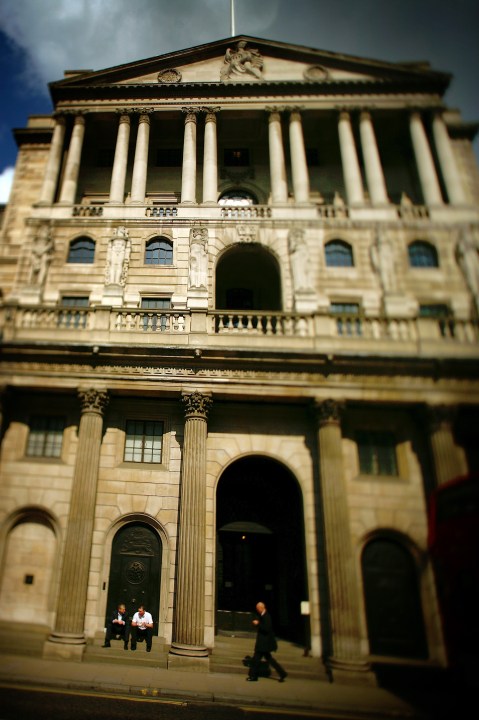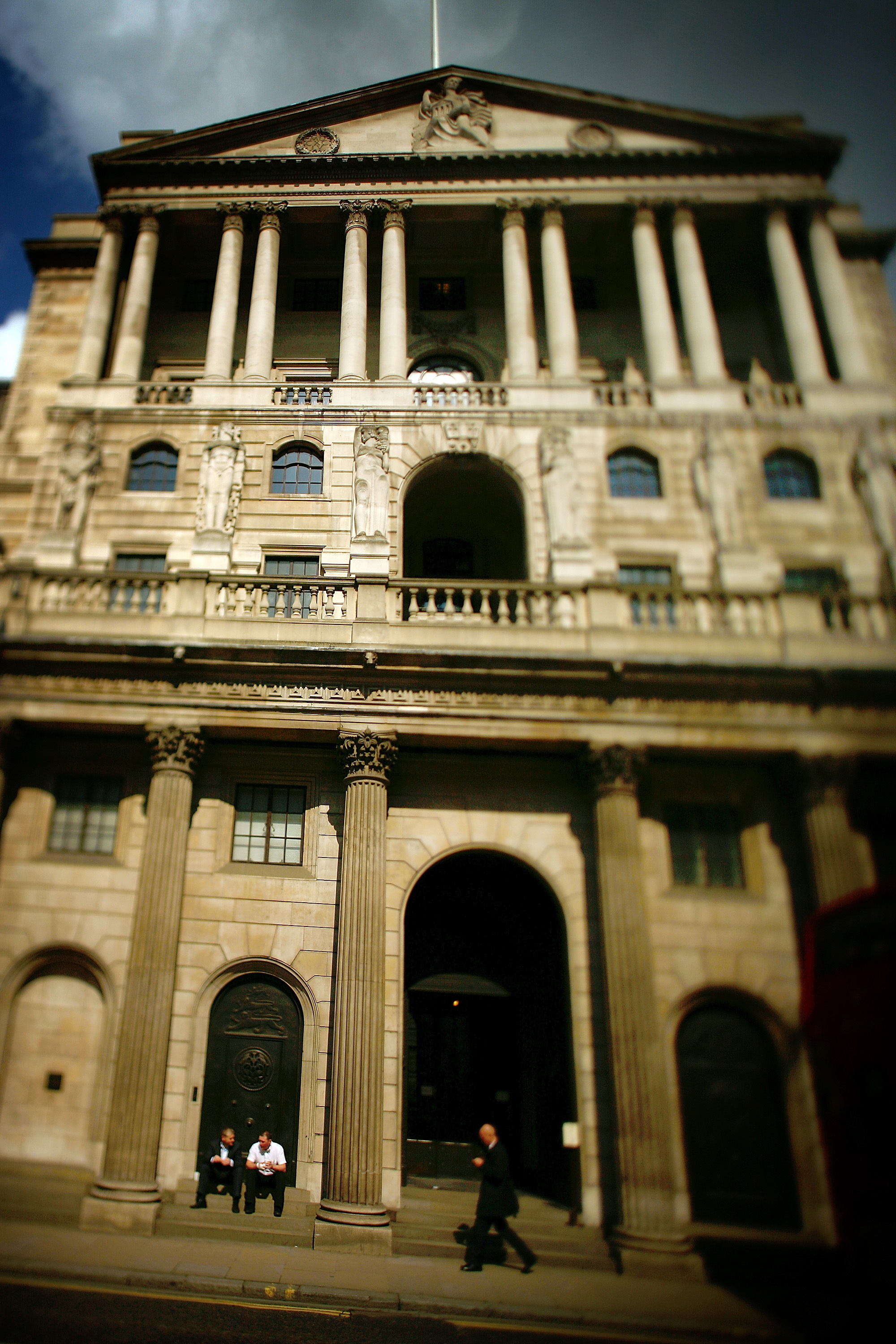 Most of the stuff we do at Coffee House is for a laugh – but our wiki-investigation into the recession is deadly serious. We urgently need to find out what went wrong, and the thinking of the Westminster village consensus won’t do. We need you, your insights, your suggestions, your criticisms. If you have friends with expertise – in academia, the hedge fund industry, the quiet souls who weren’t promoted because they didn’t buy into the myth – urge them to leave their thoughts on how our investigation should proceed. We provide the platform, you provide the energy and direction.
Most of the stuff we do at Coffee House is for a laugh – but our wiki-investigation into the recession is deadly serious. We urgently need to find out what went wrong, and the thinking of the Westminster village consensus won’t do. We need you, your insights, your suggestions, your criticisms. If you have friends with expertise – in academia, the hedge fund industry, the quiet souls who weren’t promoted because they didn’t buy into the myth – urge them to leave their thoughts on how our investigation should proceed. We provide the platform, you provide the energy and direction.
So far it’s been great: over 40 responses to our scoping inquiry. I’ll do a revised ‘terms of reference’ later, and ask for your thoughts again. We can, of course, adjust as we go along: when we hear from expert witnesses, it may open up other avenues of inquiry. But so far, here are the suggestions that we’ll be taking on board.
In general
1) The Fourth Estate. CoffeeHousers rightly say journalists like myself cannot shirk the blame. Unless the press climb inside the bubble, there can be no bubble. By definition, for a bubble to exist, the establishment must all hold it to be true and rubbish nonbelievers. CoffeeHousers rightly say we shouldn’t blame everyone else without looking at our own trade. Was there a herd mentality, some kind of group-think? Did they follow the wrong lodestars? Puncheon says we wouldn’t dare look at fellow hacks: “honour amongst thieves and all that”. I actually think there will be enough senior journalists who think this is an issue and will be willing to talk about it. We can certainly try.
2) A bankrupt plutocracy? Was a false consensus forged between an unhealthy alliance between politicians and bankers?
3) The Bank of England Was CPI the right inflation target – is there a better measurement that could be used? As Diversity says, did the BoE miss the ‘systematic change in the relation of the narrow money indicators to wide money indicators?’
4) Fractured Regulation Again, to quote Diversity ‘Did not the… assets that might pose systematic risks (e.g. the house price and mortgage bubble) fall into the gap between the remits of the Bank and the FSA?” And did the FSA even noticed the step change in the complexity of banking instruments?
The Banking Crisis
5) Credit rating agency fraud. It’s a big story in America: how far did it happen here? How important is it to the problem of misdiagnosing risk?
6) Incentive culture: The government made several moves explicitly aimed at changing short-termism: did they fail? Or did they really try? If the City were put on medium and long-term incentives, like the venture capital industry, would that have helped?
7) The ‘universal’ bank Was it a mistake to allow the fusion of investment and retail banks? How far did this contribute to the crisis?
8) Regulation Were the 125% mortgages – and lending at more than three times income – inherently risky? Because for a while, lenders were right to think that today’s 125% mortgage would become a 60% mortgage in about four years’ time. Should Britain have demanded compulsory insurance over 75% LTV, as Canada did?
9) Can’t get the staff Is it the problem that, as Hereford suggests, the Treasury had no one who understood this?
The wider economy
10) Dutch disease It’s the name for allowing your economy to be dominated too much by one sector. Sarko blames Britain for this: did we rely on finance to the exclusion of other industries?
11) What caused the housing boom? Shortage of supply, as Kate Barker’s review suggested? Simple asset bubble? Too many financial bonuses? Is it even possible to answer this question?
12) Tax Did the tax system encourage borrowing over lending?
13) The deflationary shock How far did a wave of cheap immigrant labour and Chinese goods force a one-off downward shock on prices? Did this fool the MPC into keeping rates so low?
14) Debt There’s no stigma to being a debtor anymore: is this a bad thing?
15) What if… If Britain had done all these things “right” – ie, imposed leverage ratios on the banks, restricted household lending to the European average of 100% of income not our word-beating 180% – would we still have a recession? Is it possible to do some economic modeling, to find out how much less boom we’d have – and how much less bust?
Again, keep your thoughts coming.








Comments